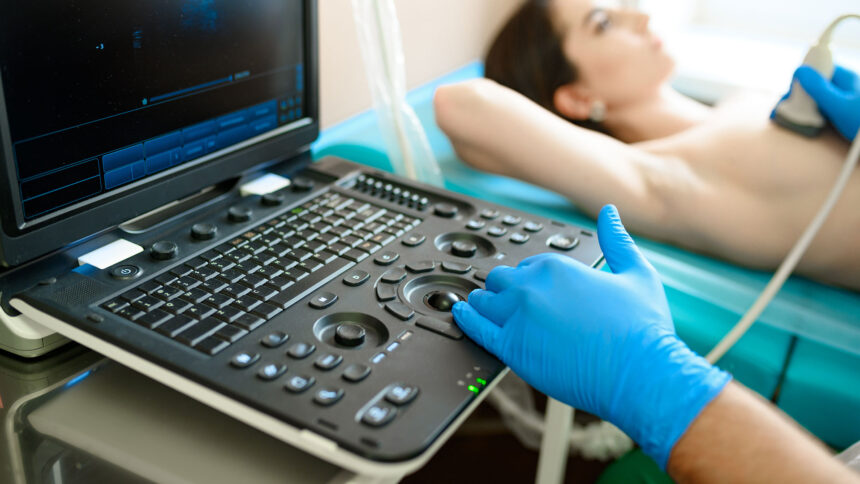Breast cancer is the most common cancer amongst women in India with incidence of approximately 30000 cases per year. Over the years there has been an increase in the incidence of breast cancer in India and worse so, the death rates due to breast cancer have also increased. Breast cancer which is a highly curable cancer in the western world has a trend towards increased death rates in India due to delay in diagnosis and hence advanced stage at diagnosis.
Currently in the COVID-19 era, we all have observed a dramatic change in lifestyle and beliefs. There has been a constant increase in fear and stigma associated with COVID 19. Such fear and stigma should not lead to deferred treatment of their illness. There has been an increased fear of cancer patients as the whole world is talking about the increased risk of getting infected with the SARS-CoV-2 virus. I also truly believe that there is an increased risk of getting infected and the clinical trials also show a 10-fold increased risk of getting infected with the virus, but everyone needs to understand that deferring diagnosis and treatment can lead to progression of the disease beyond a point of cure.
Thus, all patients who have been diagnosed with breast cancer or those who feel that there is a lump in breast which should be checked by a doctor should not sit at home waiting for COVID-19 pandemic to get over. There should be a systematic approach so that every patient gets the right treatment while reducing the risk of getting infected with SARS-CoV-2 virus.
Management of breast cancer patient consists of (with modifications in COVID-19 era) the following.
- Diagnosis – Mammography, PET-CT scan, Biopsy (should be done if clinically indicated)
- Fitness evaluation – Cardiac fitness, renal and liver function tests
- Onco-surgery – involves surgical removal – should prioritize surgeries in high-risk patients and all measures to delay
surgery should be taken. - Chemotherapy – involves a medical oncologist and this option should be offered to all high-risk patients, it should be avoided in low-risk patients and oral hormonal therapy can be considered.
- Radiation – should be considered in high-risk patients, and a smaller duration of treatment should be considered.
With the changes in treatment strategies, there must be some basic changes in lifestyle as well. The following are the changes that I expect all patients to understand and follow.
- Patient-related factors
-
- Always follow strict hand hygiene protocols.
- Try and stay indoors as far as possible.
- Wear a 3-ply mask always when outdoors, and do not touch or remove your masks frequently.
- Always maintain social distancing.
- When at a hospital or a clinic always follow safety instructions laid by them for your protection.
- Do not hide any symptoms of COVID-19 (fever, cough, breathlessness).
- Always give correct history to the doctors.
- Hospital or doctor related checks
-
- The specialist doctor (oncologist) should have online consultation facilities, all doubts and queries should be solved on teleconsultation to reduce face to face interaction.
- The hospital or day-care centre or a clinic should have proper COVID 19 triage and safety protocols – do inquire
about these with the front desk. - Ensure that at the hospital or day-care centre the staff and doctor should be wearing the protective gears.
- To minimise hospital or diagnostic centre visits and stay at that centre.
These measures should reduce the risk of getting infected when you go for treatment. Cancer patients have low immunity and thus more prone to get COVID 19. Also this infection can be lethal in 7% to 8% of cases, thus, reinstating the importance of abiding by all the safety guidelines. Secondly, a delay in diagnosis and treatment can lead to progression of disease and reduced cure rates and survival. Also this may be related to poor quality of life. Therefore, it is imperative to have the right diagnosis and treatment.


Leave a Reply